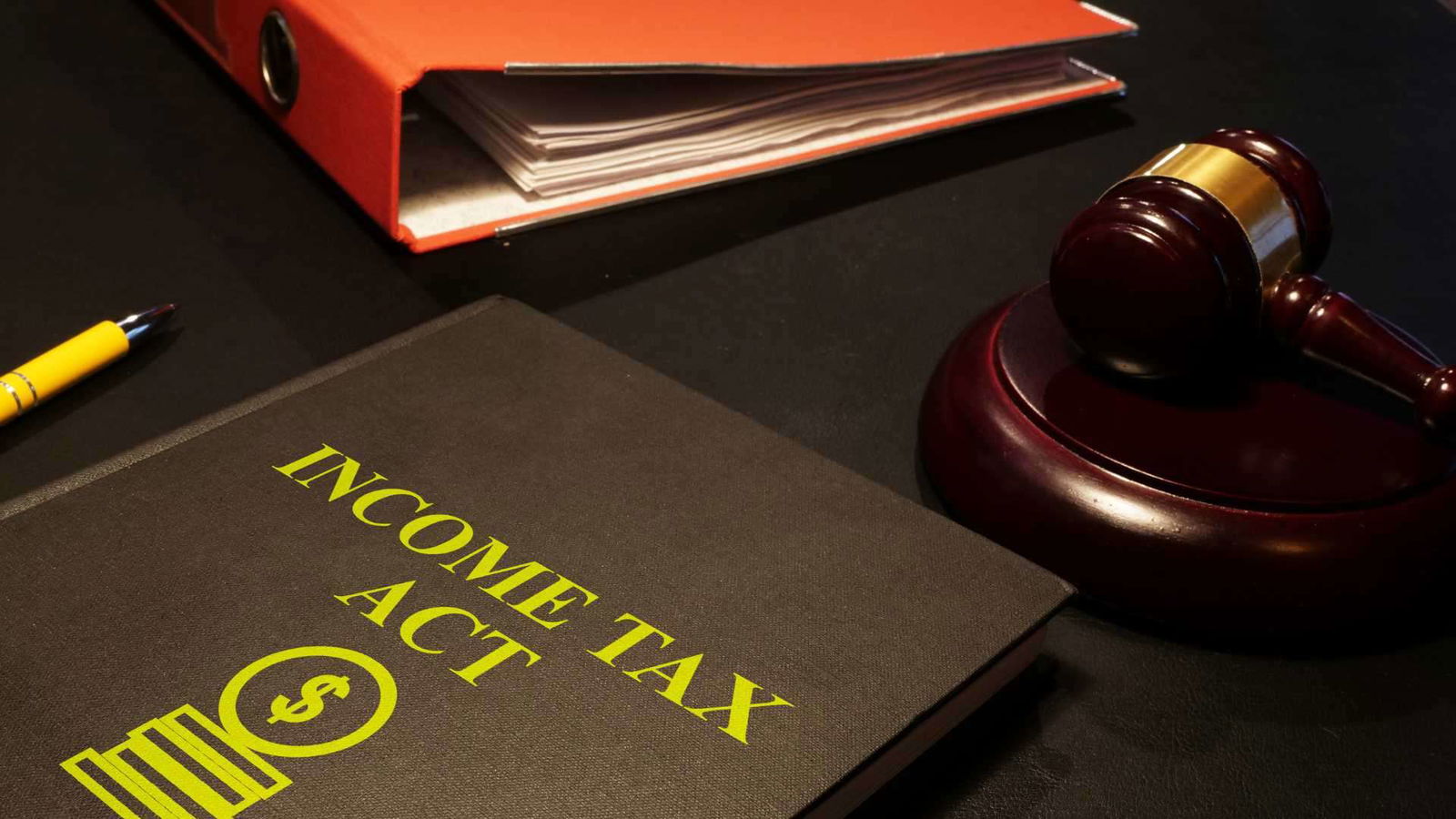Section 80C of the Income Tax Act
Section 80C of the Income Tax Act of India is a powerful tool that offers individuals and Hindu Undivided Families (HUFs) the opportunity to reduce their taxable income significantly. This section allows for a maximum deduction of up to Rs 1.5 lakh annually, making it a crucial aspect of tax planning for millions of taxpayers in the country. In this article, we will delve into the details of Section 80C, its sub-sections, eligible investments, and its impact on your financial well-being.
Understanding Section 80C
Section 80C is a provision in the Income Tax Act that grants tax exemptions for specific expenditures and investments. These exemptions are available exclusively to individual taxpayers and Hindu Undivided Families. Corporate entities, partnership firms, and businesses do not qualify for these tax benefits under Section 80C.
Sub-sections of Section 80C
Under the Income Tax Act of India, deductions under Section 80C are divided into specific sub-sections, each catering to different types of investments and expenses. Let’s explore some of the key sub-sections:
1. Section 80C: This sub-section encompasses a wide range of investments and expenses, including contributions to Provident Funds (such as EPF and PPF), life insurance premiums, Equity Linked Saving Schemes (ELSS), payments towards the principal sum of a home loan, Sukanya Samriddhi Yojana (SSY), National Savings Certificate (NSC), and Senior Citizens Savings Scheme (SCSS), among others.
2. Section 80CCC: This sub-section covers payments made towards pension plans and certain mutual funds.
3. Section 80CCD(1): Investments in Government-backed schemes like the National Pension System (NPS) and Atal Pension Yojana fall under this category.
4. Section 80CCD(1B): Under this section, investors can claim exemptions for investments of up to Rs. 50,000 in NPS.
5. Section 80CCD(2): Employer’s contributions to NPS, up to 10% of basic salary and dearness allowance, if any, are exempted under this category.
Eligibility for Section 80C Deductions
Both individuals and HUFs are eligible for deductions under Section 80C, and this section applies to both Indian residents and non-resident Indians. However, it is essential to note that companies, partnerships, and other corporate entities do not qualify for these deductions.
Investments Eligible for Deduction
Section 80C offers a variety of tax-saving investment options. Here is an overview of some of these options:
- ELSS: Equity Linked Saving Schemes offer potential returns of 12% to 15%, depending on market fluctuations. They come with a lock-in period of 3 years and involve a high level of risk.
- NPS: The National Pension System provides returns of 8% to 10% and is accessible until the investor reaches 60 years of age. It also carries a high level of risk.
- SCSS: Senior Citizens Savings Scheme offers a fixed interest rate of 8.20% with a 5-year lock-in period and low risk.
- PPF: The Public Provident Fund provides an interest rate of 7.10% and a lock-in period of 15 years with low associated risk.
- NSC: National Savings Certificate offers an interest rate of 7.7% with a 5-year lock-in period and low risk.
- ULIP: Unit Linked Insurance Plans offer returns of 8% to 10%, depending on market fluctuations, and have a lock-in period of 5 years with moderate risk.
- Fixed Deposit: Tax Saving Fixed Deposits offer up to 8.40% returns with a 5-year lock-in period and low risk.
- Sukanya Samriddhi Yojana: This scheme provides an interest rate of 8.00% with an 8-year lock-in period and low risk.
- Life Insurance Premiums: Premiums paid towards life insurance policies are eligible for tax benefits, subject to certain limits.
- Principal Repayment of Home Loan: Repayments made towards the principal component of a home loan EMI are eligible for deduction under Section 80C, subject to specific conditions.
- Stamp Duty and Registration Charges: These expenses are eligible for deduction within the year they are paid for house procurement.
- Sukanya Samriddhi Yojana: Investments in this scheme designed for a girl child’s education and marriage are eligible for tax exemption.
Latest Updates on Section 80C
Under the Union Budget 2023, the Finance Minister has retained the exemption limit for Section 80C at Rs 1.5 lakhs. This means that individuals following the old tax regime can continue to enjoy tax exemptions up to this limit. It’s crucial to note that these rules do not apply to those who have opted for the new tax regime.
Conclusion
In conclusion, Section 80C of the Income Tax Act offers many tax-saving opportunities for individuals and HUFs. By strategically investing in eligible options and understanding the specific conditions and limits, taxpayers can effectively optimize their financial planning and reduce their tax burden. Remember that tax laws and regulations may change over time, so it’s advisable to consult a tax professional for the most up-to-date and personalized guidance on your tax-saving strategies.





